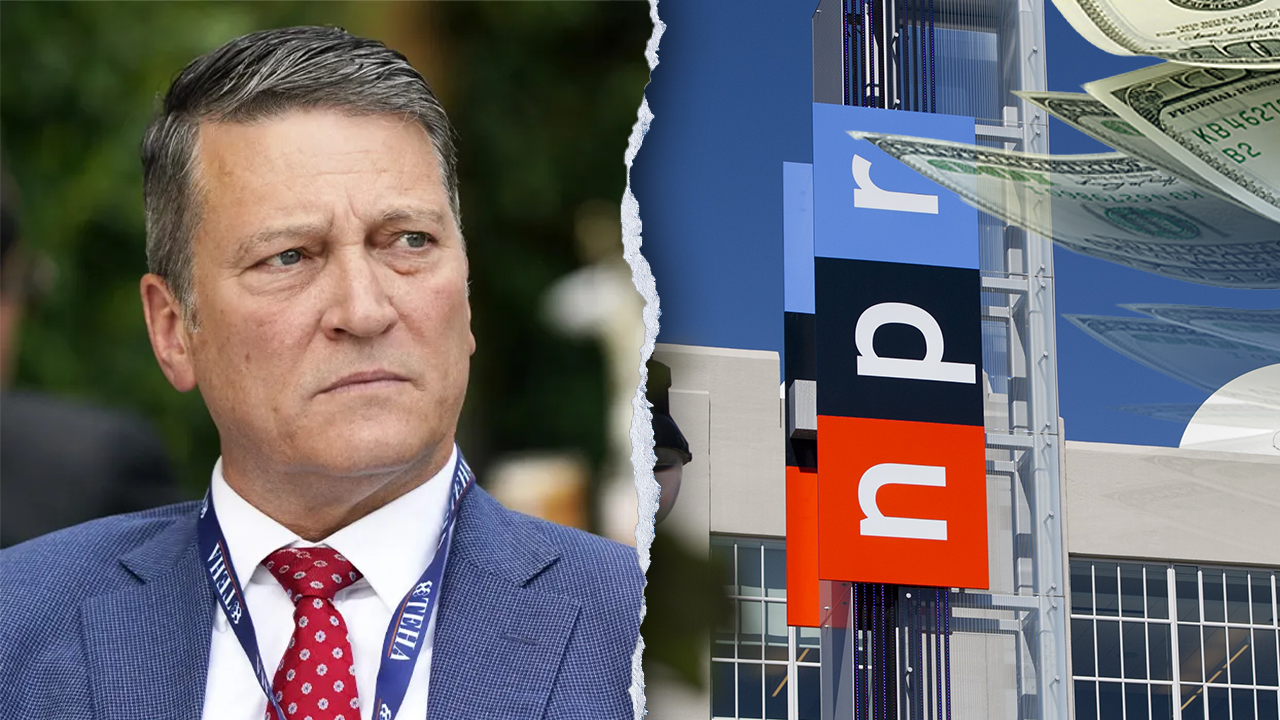DOGE package gives push to defund NPR, PBS a massive boost, says Texas Republican

Rep. Ronny Jackson, R-Texas, is hailing President Donald Trump’s leadership in proposing a DOGE cuts package that aims to defund NPR and PBS, which he believes have devolved into purveyors of “fake news.” Jackson asserts that these outlets, which receive substantial federal taxpayer funding, have transformed into “taxpayer-funded propaganda arms of the radical Left.”
The White House is set to submit a $9.4 billion federal spending cut proposal to Congress, known as a “rescissions” package, which is expected to include cuts to both NPR and PBS. This move is part of ongoing efforts by Republican officials to reduce government spending, spearheaded by the president and the Department of Government Efficiency.
An official from the Office of Management and Budget (OMB) revealed that the rescissions package will primarily target federal funding to NPR, PBS, and the U.S. Agency for International Development. Once transmitted to Capitol Hill, lawmakers will have 45 days to consider the package before it expires. The House Freedom Caucus is advocating for a prompt vote on the proposal the same week it is presented.
Rep. Jackson, who has consistently introduced bills to defund NPR and PBS, expressed his enthusiastic support for the rescissions package. He emphasized that this initiative aligns with his persistent efforts to cut off funding to what he views as “chronically biased” media outlets. Jackson stated that he is eager to see the package come to fruition and put an end to the taxpayer support for these outlets.
During a House DOGE Subcommittee hearing in March, NPR’s Katherine Maher and PBS’ Paula Kerger faced scrutiny over their outlets’ continued eligibility for public funding. Maher acknowledged NPR’s mishandling of coverage related to Hunter Biden’s controversial laptop, admitting to an oversight and expressing regret for the delayed and insufficient reporting on the story. Kerger’s PBS faced criticism for producing content like “Real Boy,” which explores themes of transgender identity and sexuality.
Following the testimonies of Maher and Kerger, Rep. Marjorie Taylor Greene, R-Ga., criticized NPR and PBS as being disconnected from the concerns of everyday Americans. She underscored the need for accountability in how taxpayer dollars are allocated to media organizations, particularly those that are perceived as promoting biased or controversial narratives.
In conclusion, the push to defund NPR and PBS reflects a broader effort to reevaluate federal spending and prioritize resources in alignment with the administration’s goals. The proposed rescissions package signals a significant step towards reshaping the media landscape and addressing concerns about political bias and misinformation in publicly funded outlets. Time will tell how Congress will respond to this initiative and what implications it may have for the future of media funding in the United States.




